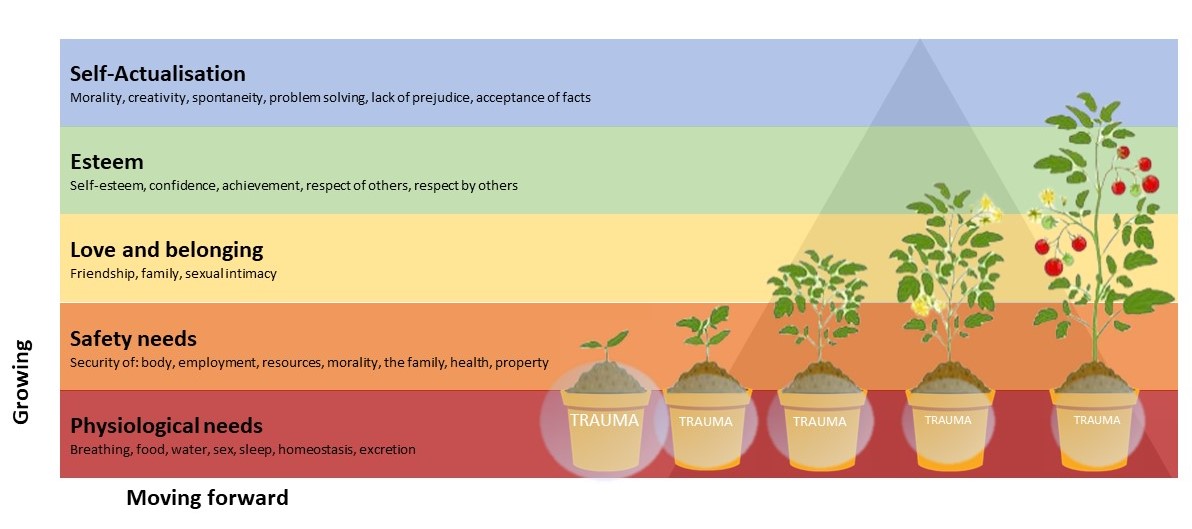Connecting services and communities to support people experiencing homelessness


Connecting services and communities to support people experiencing homelessness
Researchers working to transform the infrastructure of support available for people experiencing homelessness have been awarded £1.4m from UK Research and Innovation (UKRI).
The three-year project, led by Northumbria University, aims to better connect the care system for homeless people, and expand it to include creative health approaches such as art, crafts, sports, gardening or cooking to provide holistic support tailored to individuals.
The work is supported by academics linked to the NIHR Applied Research Collaboration (ARC) North East and North Cumbria (NENC), including Professor Monique Lhussier, deputy lead for our Inequalities and Marginalised Communities theme, and ARC NENC Director, Professor Eileen Kaner.
Integrating services to improve support
At present, support services are not always integrated and often try to address in isolation the issues which can contribute to homelessness – such as abuse, trauma, addiction and mental or physical health challenges.
But in reality, these complex and varied health and social care needs can rarely be treated in isolation, explained Professor Monique Lhussier, one of the lead investigators of the research from Northumbria.
“When available, support for homeless people is often only for a short time, not coordinated with other services and fails to meet all of a person’s needs,” said Professor Lhussier, a social scientist with expertise in marginalisation, welfare and wellbeing.
As part of the work, researchers have developed a model which superimposes Maslow’s hierarchy of needs with an adapted version of Tonkin’s (1996) model of grief (pictured below) to demonstrate that people can grow around trauma if they are provided with opportunities to do so.

Fellow lead investigator Dr Christina Cooper, from Northumbria’s Department of Social Work, Education and Community Wellbeing, said: “While most services see people who are homeless as having lots of needs, few also see them as people with strengths, talents, resilience, and aspirations. Despite evidence showing the positive impact of creative initiatives, these assets have not typically been considered a core part of support services.”
The project aims to grow the care system, so it includes creative health approaches, with the research informed and guided by people recruited as experts by experience.
“This is about working in direct and equal collaboration with people who have experienced homelessness so that all people can have access to the support they need, when they need it, and in the way they need it,” added Professor Lhussier.
“What we want all support services to be working collectively on is enabling that growth for each individual. To be thinking about people in terms of their future potential rather than as a list of problems that can’t be figured out.”
Driven by six key organisations – Tyne Housing, Groundswell, Alphabetti Theatre, Art Gene, Chilli Studios and Helix Arts – a network of housing providers, arts organisations and healthcare services from across the North East and Cumbria will participate in the project. The research will also be supported by two regional community interest companies, Media Savvy and Roots and Wings design, making the project highly collaborative and grounded within the kinds of organisations it aims to engage.
The aim is to develop a model which supports the move from siloed working and crisis management to collaborative partnerships for early intervention and prevention. This will inform the development of an evidence-based regional policy for homelessness and a website featuring details of all support services available in one place.
Dr Cooper added: “Bringing together organisations from creative industries and the wider homelessness sector is important because it offers people who need it opportunities to be part of something which supports them to grow, and to reintegrate into society in a positive way. And to shed some of the very negative labels which are often placed on them through no fault of their own.”
The research, Making every community asset count: improving health and reducing inequalities for people experiencing homelessness, is part of the third phase of projects funded through the Mobilising Community Assets to Tackle Health Inequalities programme. The UKRI programme is led by the Arts and Humanities Research Council (AHRC) in collaboration with and the National Centre for Creative Health.
It builds on an earlier award of £250,000 which saw Northumbria academics working with Tyne Housing to create a virtual directory of 192 support services for those facing homelessness across the wider region. Both awards have been obtained in collaboration with Newcastle University, building on a longstanding, collaborative relationship between the two organisations.
AHRC Health Inequalities Programme Director, Helen Chatterjee, said: “The evidence is clear – intellectual stimulation, a sense of purpose, engagement in your community and a fulfilling social life are as important as diet, exercise and medical care when it comes to living a long and healthy life. Yet often public health interventions neglect this reality.
“These projects seek to improve the length and quality of our lives by making use of the rich cultural, artistic, nature and social resources that already exist within our communities. In this way, we can shape a healthier, happier Britain.”
Read the full news release from Northumbria University.